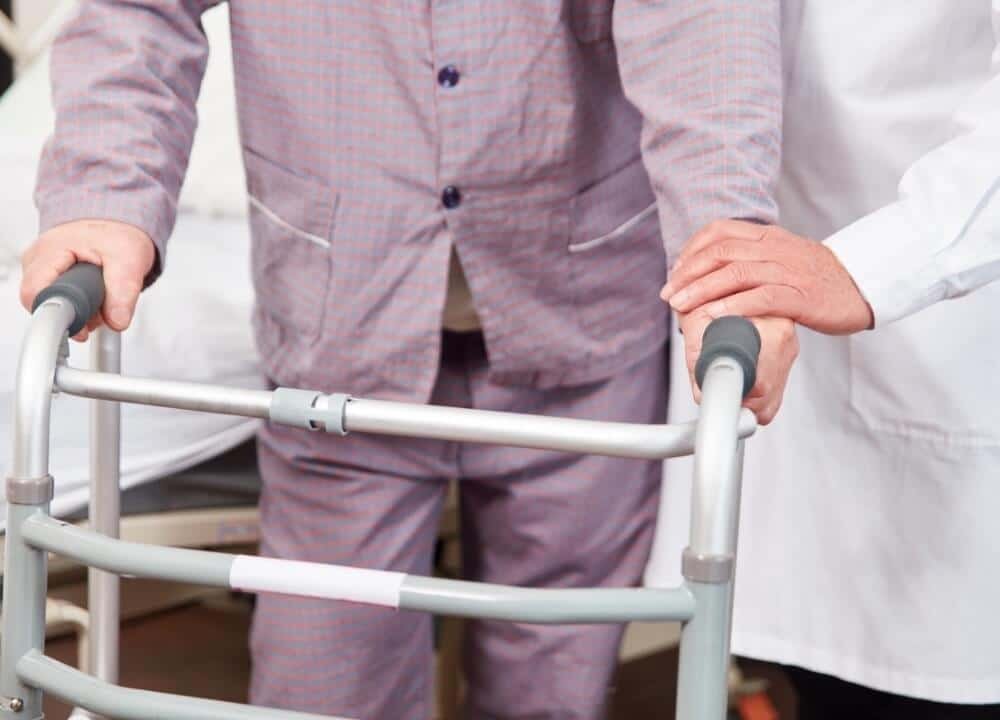Researchers continue to investigate the link between seizures and dementia.
This is after observing several people with dementia experience seizures as one of the symptoms of the neurodegenerative disease.
Contents
Seizures and Dementia in the Elderly
Seizures can be described as uncontrolled and sudden electrical disturbances that happen in the brain.
This can cause levels of unconsciousness, feeling, or movements as well as changes in behavior.
While seizures are usually an indication that a person has epilepsy, not everyone who experiences seizures has epilepsy.
Naturally, persons who have dementia are at risk of seizures.
People with dementia are at risk of seizures
Alzheimer described this way back in 1911. What is not clear yet is how common the seizures are.
This is because some seizures can be quite complex.
Many people are familiar with the generalized tonic-clonic seizures that make people fall to the ground, become stiff and unresponsive and their bodies shake with convulsions.
However, there is another type of seizure that mainly affects individuals with dementia.
These are known as focal onset seizures.
They generally involve short periods of increased unresponsiveness or amnesia.
The person going through this can showcase involuntary repeating movements of the arms, hands, face like swallowing, lip-smacking, or chewing.
Because it does not go on for long, it can easily be missed.
At What Stage of Dementia Do Seizures Occur
In the past, it was believed that only people who had been diagnosed with dementia for years developed seizures.
Recent studies on seizures and dementia, however, reveal that it is also possible for seizures to occur during the early stages of the disease.
Some people will even experience seizures before memory loss become obvious.
Reasons Persons with Dementia Develop Seizures

Individuals with dementia may experience seizures because of the structural changes that happen in the brain.
In some cases, they will occur after a brain infection like meningitis, head injury, or stroke.
As the cells in the brain begin to die, the size of the brain will shrink and this is something that can lead to seizures.
Some types of dementia like Alzheimer’s disease are a result of protein build-up in the brain that interferes with how cells in the brain communicate with each other.
This can result in nerve cells becoming “hyper-excitable” which implies that they will start to behave uncontrollably which can cause seizures.
The Role of Seizures in Dementia

While studying seizures and dementia, scientists were also triggered on the topic of the role seizures in the illness.
A study was conducted towards this end. Researchers observed 55 patients aged 50-69 years.
They were all admitted to an Israeli medical center with their first known seizure. A quarter of the participants developed dementia later on.
Another study that was done in the US looking at almost 300,000 veterans who were all over 55 years uncovered that seizures increased the risk of people developing dementia over a period of one to nine years.
Managing Seizures in People with Dementia

When talking about seizures and dementia, many people are usually concerned as to whether the seizures are manageable or not.
The good news is that there are drugs that a person can take to stop or reduce the seizures.
It is, therefore, important to consult a doctor when a person who has dementia suspects that they have seizure episodes.
In short, the medics will perform the necessary tests and prescribe medication that will treat the issue.







